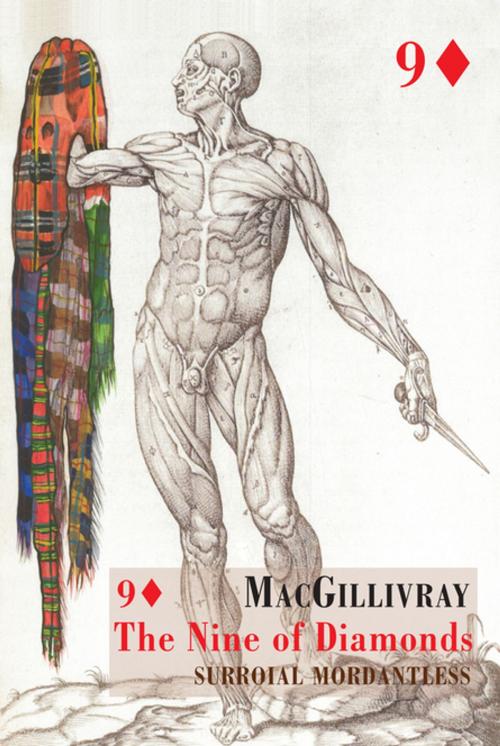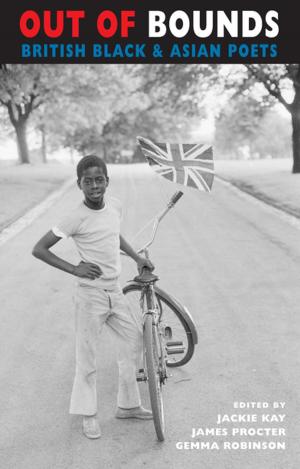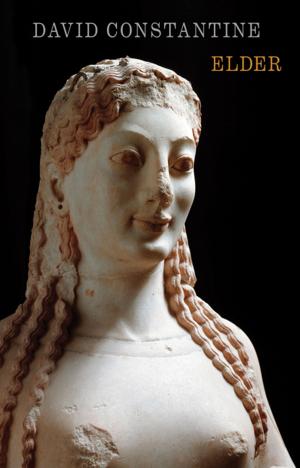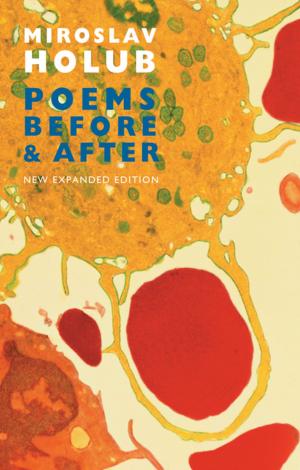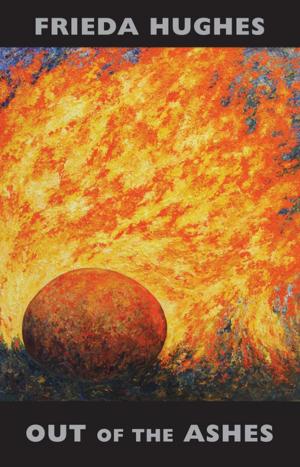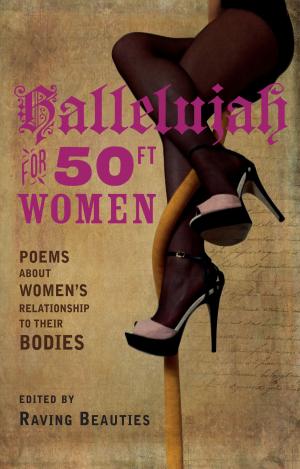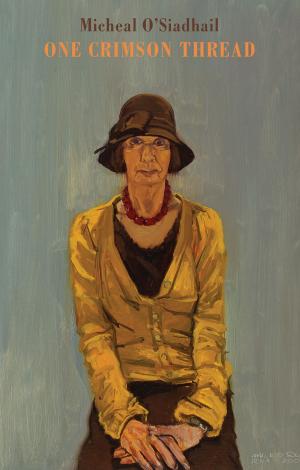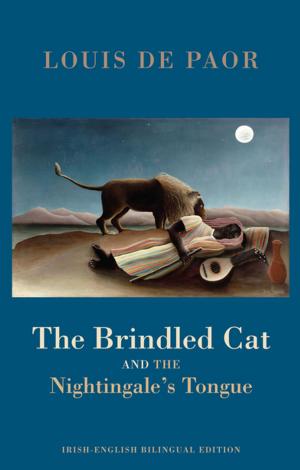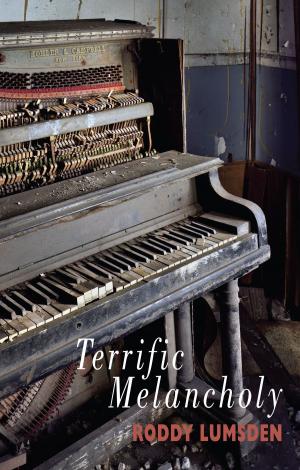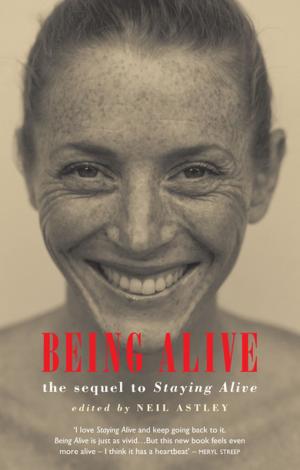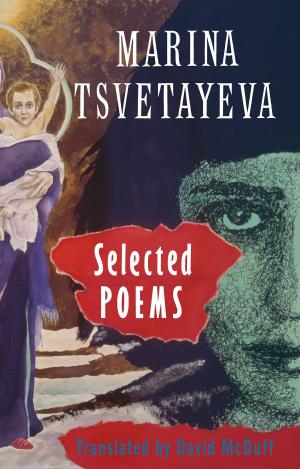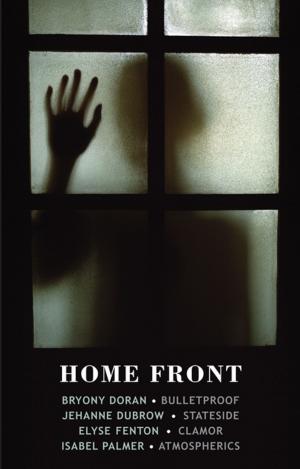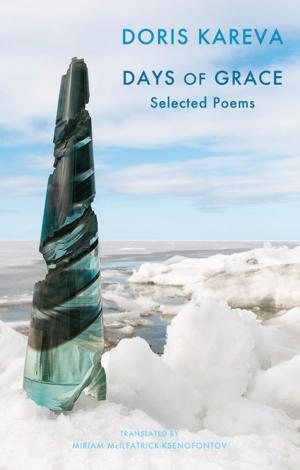| Author: | MacGillivray | ISBN: | 9781780373256 |
| Publisher: | Bloodaxe Books | Publication: | October 20, 2016 |
| Imprint: | Bloodaxe Books | Language: | English |
| Author: | MacGillivray |
| ISBN: | 9781780373256 |
| Publisher: | Bloodaxe Books |
| Publication: | October 20, 2016 |
| Imprint: | Bloodaxe Books |
| Language: | English |
The Nine of Diamonds is a book in nine parts constructed to play the Butcher – the Duke of Cumberland – in a Gaelic interpretation of the ghost gamble. Given the command on the back of a nine of diamonds – the Curse of Scotland – that the Highlanders should all be slaughtered, the persecution of Jacobite sympathisers after the Battle of Culloden under the Butcher was one of the worst atrocities carried out on British soil.
Using a kaleidoscope, a deck of tarot cards and an 1895 Dictionary of Phrase and Fable, The Nine of Diamonds is influenced by French surrealism and opens with the Gaelic visionary practice of inducing visions behind a waterfall. Treating the Highlands as a Gaelic garden, the rebels on the run as herds of deer, and the preservation of Gaelic culture as a type of sugar-cured mummification, The Nine of Diamonds is set in a phantasmagoric landscape described in the Scots of Henryson and Dunbar but evoking Scots Gaelic concepts and motifs to mix Highland and Lowland experience with magical and occult terminology.
With the deer as a central image, MacGillivray’s poems draw from Nijinsky as gravity-defying faun, from Mallarmé, Duchamp and Breton. Written in the run up to the 2014 Scottish referendum, The Nine of Diamonds operates as a powerful wish-text. In this strange vision populated by badly-wired and furious neon unicorns, escorticati preparing their own bodies, Second World War MacLeod fighter pilots with talismanic photographs of the clan’s Fairy Flag in their uniform pockets, pole-dancing fauns, stained glass knights and rusty kaleidoscopes, the underlying message is clear: in playing the Butcher back, MacGillivray is still here.
The Nine of Diamonds is a book in nine parts constructed to play the Butcher – the Duke of Cumberland – in a Gaelic interpretation of the ghost gamble. Given the command on the back of a nine of diamonds – the Curse of Scotland – that the Highlanders should all be slaughtered, the persecution of Jacobite sympathisers after the Battle of Culloden under the Butcher was one of the worst atrocities carried out on British soil.
Using a kaleidoscope, a deck of tarot cards and an 1895 Dictionary of Phrase and Fable, The Nine of Diamonds is influenced by French surrealism and opens with the Gaelic visionary practice of inducing visions behind a waterfall. Treating the Highlands as a Gaelic garden, the rebels on the run as herds of deer, and the preservation of Gaelic culture as a type of sugar-cured mummification, The Nine of Diamonds is set in a phantasmagoric landscape described in the Scots of Henryson and Dunbar but evoking Scots Gaelic concepts and motifs to mix Highland and Lowland experience with magical and occult terminology.
With the deer as a central image, MacGillivray’s poems draw from Nijinsky as gravity-defying faun, from Mallarmé, Duchamp and Breton. Written in the run up to the 2014 Scottish referendum, The Nine of Diamonds operates as a powerful wish-text. In this strange vision populated by badly-wired and furious neon unicorns, escorticati preparing their own bodies, Second World War MacLeod fighter pilots with talismanic photographs of the clan’s Fairy Flag in their uniform pockets, pole-dancing fauns, stained glass knights and rusty kaleidoscopes, the underlying message is clear: in playing the Butcher back, MacGillivray is still here.
